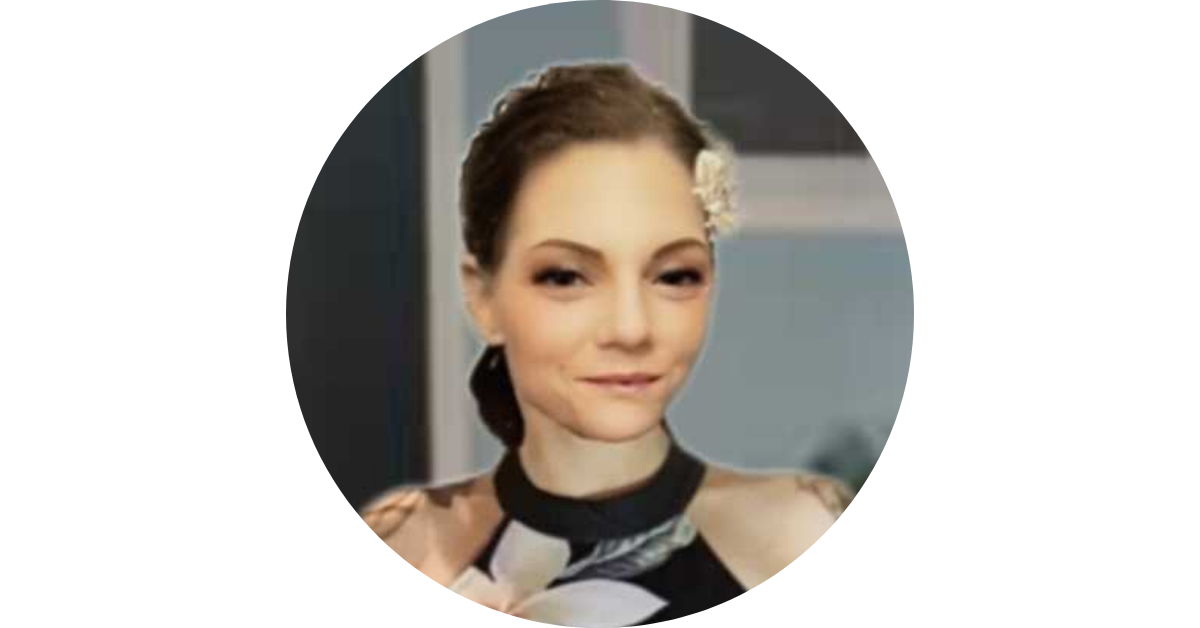
Burnout is a state of chronic—sometimes invisible—physical and emotional depletion. Almost 68% of students in health-related programs report experiencing moderate burnout at some point in their studies (Journal of Medical Education, 2023).
As someone who wore the hats of both instructor and student simultaneously, I can relate. I once found myself saying “yes” to every peer, project, and opportunity—mentoring new students, leading study groups, volunteering for workshops. At first, my cup was overflowing with purpose, yet slowly, motivation evaporated. My sleep vanished. My patience wore thin. Only after a gentle (and honest) conversation with a mentor did I recognize that I, too, needed the same self-care I encouraged in others.
Self-Care Isn’t Selfish: Reframing the Narrative
There’s a persistent myth, especially in driven, helping fields: self-care is a luxury—or worse, a sign of weakness. The truth is the exact opposite. Self-care is the foundation for sustainable productivity and authentic service. If we genuinely wish to support others, we must first prioritize our own well-being.
Simple practices—intentional breathing, setting firm boundaries around work/study time, taking brief movement breaks—aren’t extras; they’re essentials for keeping burnout at bay.
Simple, Practical Self-Care for Busy People
Think self-care is too time-consuming? Think again. Even small changes can make a significant difference:
- Micro-breaks: Five-minute pauses during study sessions can refresh focus and energy.
- Journaling: Writing down worries or gratitude lists can help clarify priorities and reduce stress.
- Peer Support: Connecting with colleagues, mentors, or classmates (your “self-care buddy”) provides accountability and encouragement crucial for lasting habits.
When the chaos of life crowds out self-kindness, these small, consistent actions become your anchor.
Overcoming Barriers: Time, Guilt, and Perfectionism
The perennial excuse: “I just don’t have time.” Sound familiar? As adult learners, parents, and professionals, time feels perpetually scarce. My game-changer was treating self-care like any urgent meeting or appointment—non-negotiable.
I set a goal of three acts of self-kindness per week (no matter how minor), which quieted the all-or-nothing mindset. Yes, guilt still sneaks in, especially when others seem to be “doing more.” However, what helps most is remembering that my presence and effectiveness for others are directly tied to the care I give myself.
The Ripple Effects: Why Your Self-Care Matters to Us All
When self-care becomes the norm in our community, everyone benefits:
- - Students bounce back from challenges with greater resilience.
- Instructors teach and support from a place of vitality rather than depletion.
- Alumni remain connected and inspired, fueling a cycle of engagement that welcomes new members with open arms.
By modeling self-care, we aren’t just improving our own wellness—we’re collectively shifting the culture. Caring for oneself is the seed that grows into effectively caring for everyone.
An Invitation to Take Action
At its heart, my message to the SWIHA community is simple: Self-care is leadership.
If you’re struggling, know you’re not alone. If you’re thriving, reach out—share your strategies and encouragement. Together, let’s normalize open conversations about what it means to be well in service of others.
Make self-care a routine, a priority, and a point of pride. By nurturing our individual and collective well-being, we defend against burnout and cultivate a lasting legacy of authentic care.
At its core, prioritizing self-care is not just about preventing burnout—it’s about cultivating the energy, focus, and resilience needed to serve others authentically. By embracing even small, consistent self-care practices, we can protect our well-being while strengthening our impact on the people and communities we support. If this resonates with you and you’re interested in exploring how holistic healing practices like hypnotherapy can transform your life and career, consider learning more about SWIHA’s Integrative Healing Arts Practitioner (IHAP) program—a comprehensive path to mastering mind-body wellness and creating meaningful change.
Connect with Sarah
Website: https://shenn2600.wixsite.com/healinghypnosiselite
Facebook: https://www.facebook.com/sarahhennesseyhh
Instagram: @sarahhennessey_hh


